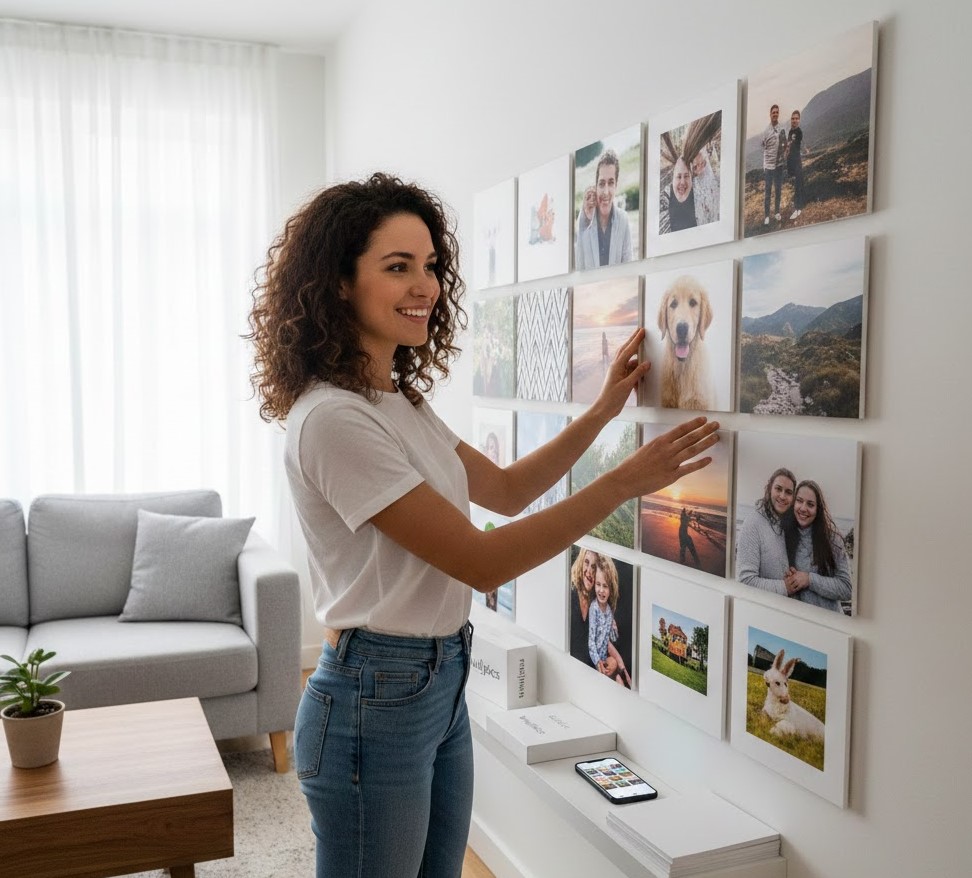With the rapid advancement of artificial intelligence, AI video generators have revolutionized the way digital content is produced. These tools can create high-quality videos from text, images, or even other videos, making content creation faster and more accessible.
However, as AI-generated videos become more common, questions about ownership, copyright, and intellectual property rights have emerged. Who owns the rights to AI-generated videos? Can these videos be copyrighted? And how do legal frameworks address this new challenge? This article explores the complexities surrounding AI-generated video content and copyright laws.
How AI Video Generators Work
AI video generator uses deep learning and machine learning algorithms to create videos based on user inputs. Some tools convert text into animated or realistic videos, while others transform static images into dynamic clips.
These technologies rely on vast datasets, often sourced from publicly available media, licensed content, or user-uploaded materials. While this makes video production more efficient, it also raises concerns about the originality and ownership of the generated content.
Copyright Laws and AI-Generated Content
Traditional copyright laws were designed to protect human creativity and intellectual property. According to most legal frameworks, copyright is granted to original works created by a human author.
In the case of AI-generated videos, the question arises: if an AI system, rather than a human, produces a video, can it be copyrighted?
- The Human Authorship Requirement
In many jurisdictions, copyright law does not extend to works created solely by AI. For example, in the United States, the U.S. Copyright Office has made it clear that works generated by AI without human input cannot be copyrighted. Similarly, in the United Kingdom, copyright law specifies that AI-generated works can only be protected if there is a human creator who exercised significant control over the creative process. - The Role of User Input
Some argue that if a human provides detailed input—such as text prompts, editing, or creative direction—the resulting AI-generated video should be considered a co-created work. This would allow the human user to claim copyright, at least in part. However, this is still a gray area, as different countries interpret "human creativity" in different ways. - The Case of Fully Autonomous AI Video Generation
If an AI system independently creates a video with minimal or no human guidance, copyright laws generally do not recognize it as an original work. Without a human author, such videos typically fall into the public domain, meaning they are free for anyone to use and distribute.
Ownership Disputes in AI Video Generation
With AI-generated content becoming more prevalent, disputes over ownership have already surfaced. Several key areas of concern include:
- Ownership Between AI Developers and Users
Many AI video generator platforms, such as Runway and Pika, outline ownership terms in their user agreements. Some platforms grant full ownership of generated content to users, while others retain partial rights. It is crucial for users to review these terms before using AI-generated videos for commercial purposes. - Use of Pre-Trained Models and Datasets
AI models are trained on vast amounts of data, including existing video content. If an AI-generated video closely resembles copyrighted material used in training, the original content creators may raise legal claims. This has already been an issue in AI-generated art and text, and similar concerns are expected to arise with AI video generation. - Legal Precedents and Court Cases
While there are no widely established legal precedents specifically for AI-generated videos, related cases in AI-generated images and music have set some groundwork. Courts have generally ruled that AI-generated content lacks human authorship and, therefore, does not qualify for copyright protection.
Future of AI Video Copyright Laws
As AI continues to evolve, copyright laws will need to adapt. Some possible future legal developments include:
- New AI-Specific Copyright Regulations
Governments may introduce specific policies to address AI-generated content, establishing clearer guidelines on ownership and intellectual property rights. - Recognition of AI-Assisted Creativity
Laws may start recognizing AI as a tool rather than an independent creator, allowing copyright protection for AI-assisted content where human input is evident. - AI Content Licensing Models
Instead of copyrighting AI-generated videos, new licensing models may emerge, where AI companies grant users commercial rights while retaining some level of control over the generated content.
Conclusion
AI video generators are reshaping the media landscape, making content creation more accessible and efficient. However, the legal framework surrounding AI-generated video ownership remains uncertain. While most copyright laws currently require human authorship, ongoing discussions may lead to new regulations that address AI's role in content creation. As technology advances, creators, businesses, and policymakers must navigate the complexities of AI video copyright to ensure fair and ethical use of this powerful tool.


.jpg)



